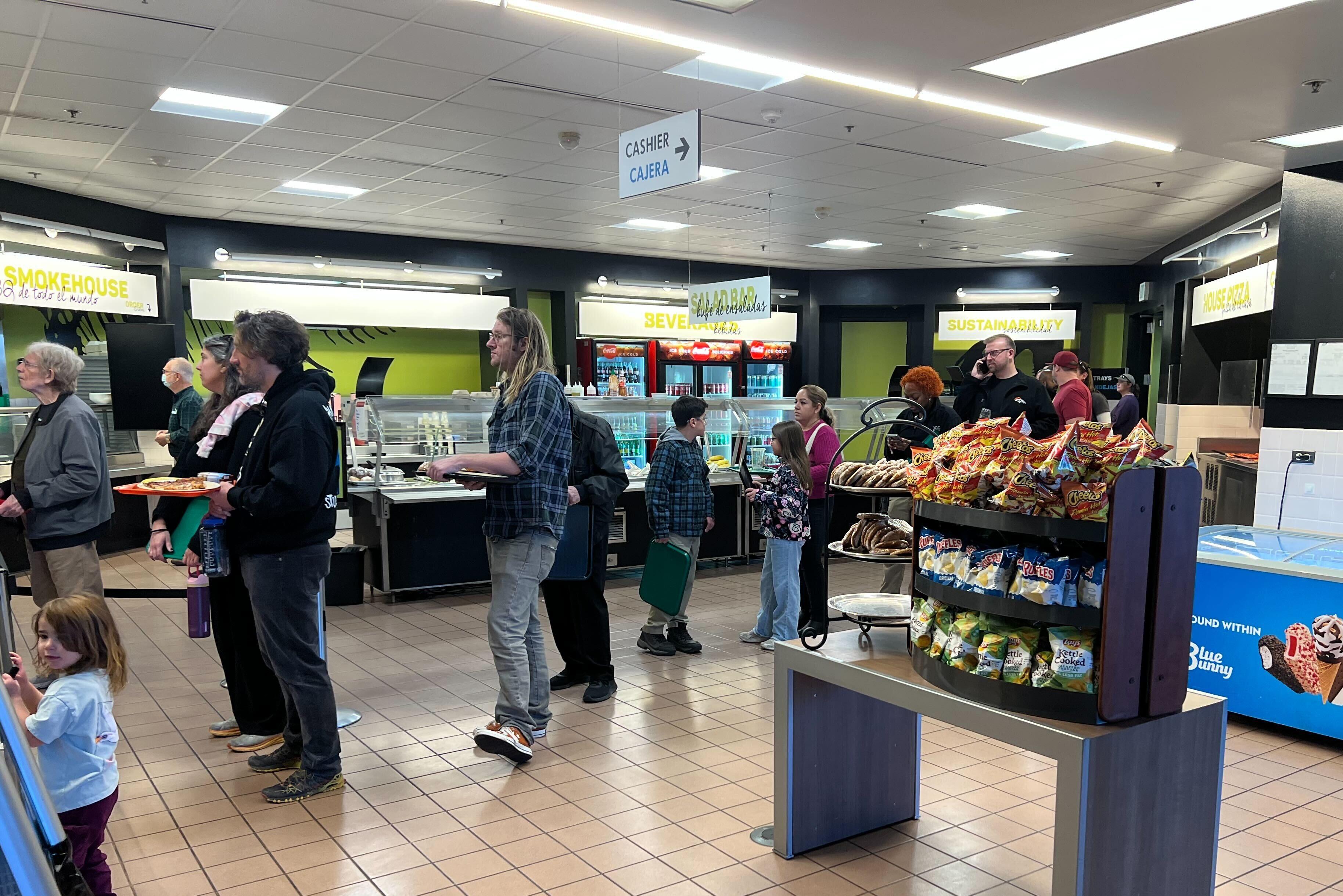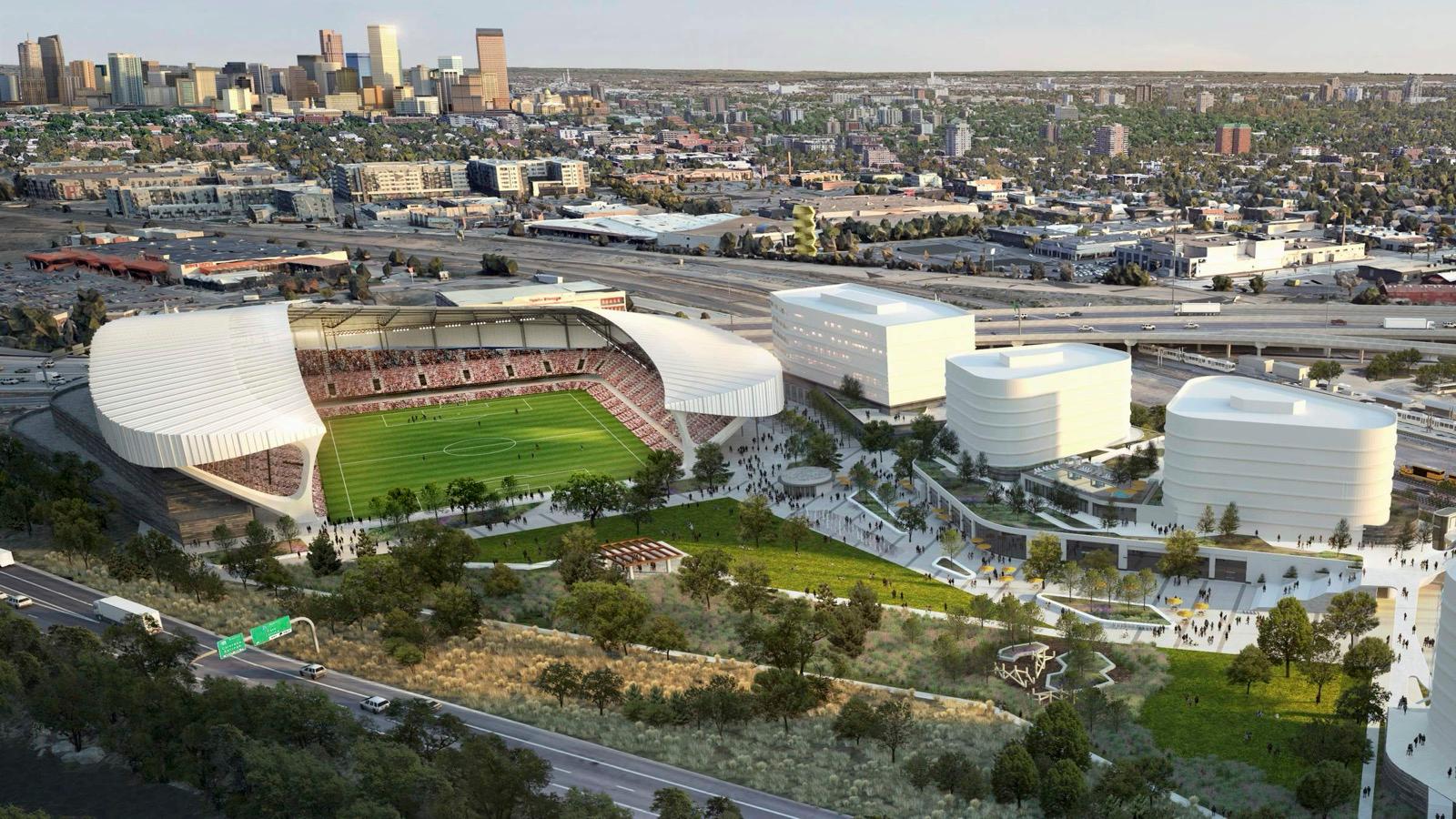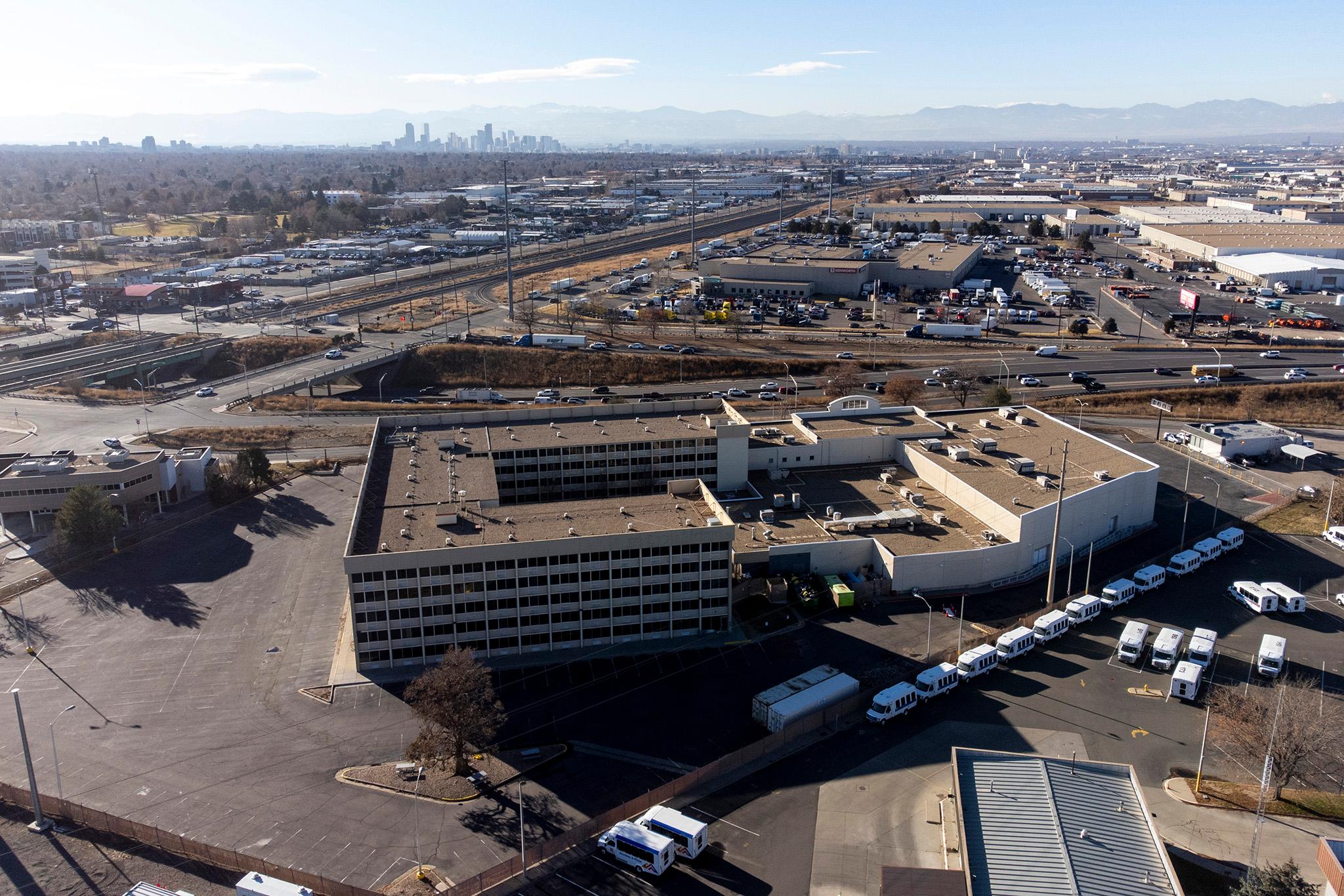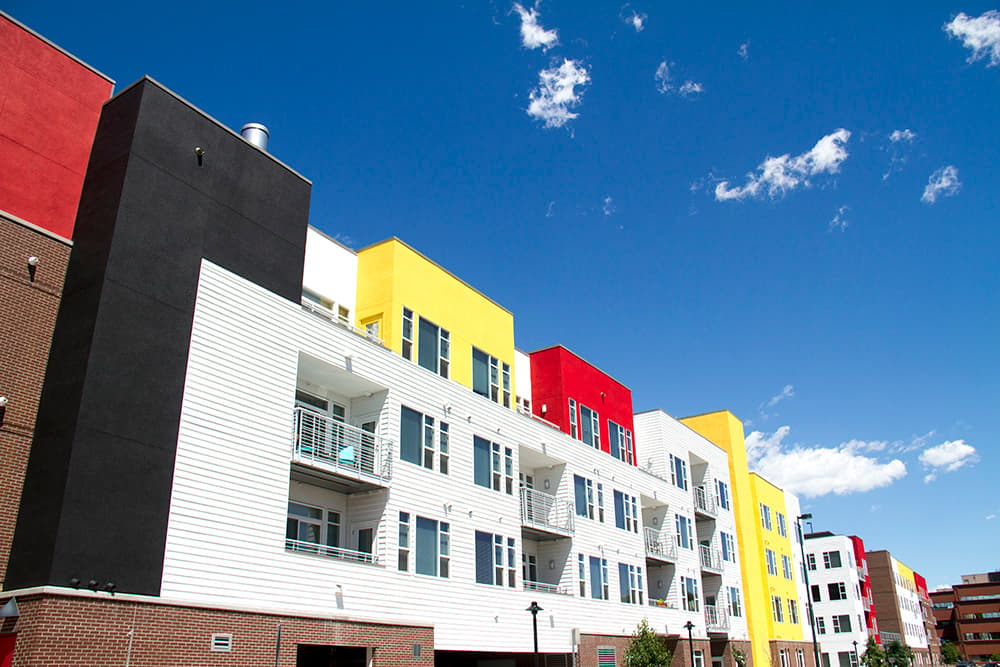
Denver released its plan Tuesday to raise $155 million for affordable housing over the next 10 years, and today, we know a lot more about the terms of the political debate that will play out over the next few months.
From 30,000 feet, the picture is about what you would expect: Affordable housing organizations want to see a permanent funding source and largely support the proposal. Developers think they're being asked to shoulder too much of the burden. Some city residents wonder why they should be paying at all.
Get a little closer to the ground, and you can make out the details of the terrain: Who will decide how the money is spent and what criteria will they use? How can the city keep people in their homes now, instead of building housing for three years from now? Is it even legal to do this without a vote of the people? Will market-rate housing become even more expensive?
So, what does the city want to do?
In case you missed it or don't want to click the link, the short version is that property owners -- commercial, residential, industrial, all of them -- would pay an additional half-mill of property tax per year, and the city would charge a per-square-foot fee -- 60 cents on a single-family home, $1.50 on an apartment building, $1.70 on a grocery store or a hotel -- and all that money would go into an affordable housing fund.
In 2015, that would have meant $16 million just on the fees on new development, much of it residential, and another $6.5 million in property taxes.
That fund would be used to "create or preserve" some 6,000 units of affordable housing in a city where the number of "cost-burdened" households -- those paying more than 30 percent of their income for housing -- is estimated at 87,000.
The funding proposal was worked out by the office of Mayor Michael Hancock, Councilwoman At-large Robin Kniech and Councilman Albus Brooks of District 9 with a stakeholder group that included affordable housing advocates and representatives of business interests.
The proposal divides the burden roughly equally between property taxpayers and builders, and that's intentional.
"We didn’t just go out looking for a revenue source," Kniech said. "Development drives demand for housing. … To the extent that Denver cannot meet that demand, there is a very modest fee to help mitigate that."
So that's why developers should pay, in the city's view. What about homeowners? What did they do?
"The entire community benefits from housing stability," Kniech said.
Using the two funding sources also means a more stable revenue stream. Development fees will go up and down with the economy, while property taxes will carry the fund through economic recessions. And recessions are actually a good time to build affordable housing because construction and land costs are lower.
What do business interests think about all this?
Developers said they support the idea of an affordable housing fund, but they don't want to pay impact fees.
Tami Door, executive director of the Downtown Denver Partnership, made a case based on fairness.
"We have long believed that there are significant housing needs," she said. "... With that said ... we do have concerns about the impact fee, and we have advocated accordingly. We have advocated more toward a mill levy that would spread the cost more broadly across our residential and commercial property owners."
Carl Koelbel of Koelbel and Company told the City Council's Safety and Well-being Committee that the problem is societal and not the responsibility of one sector.
"We are no more responsible for the demand for housing than an asphalt contractor is responsible for the pollution caused by the cars that drive on the road," he said.
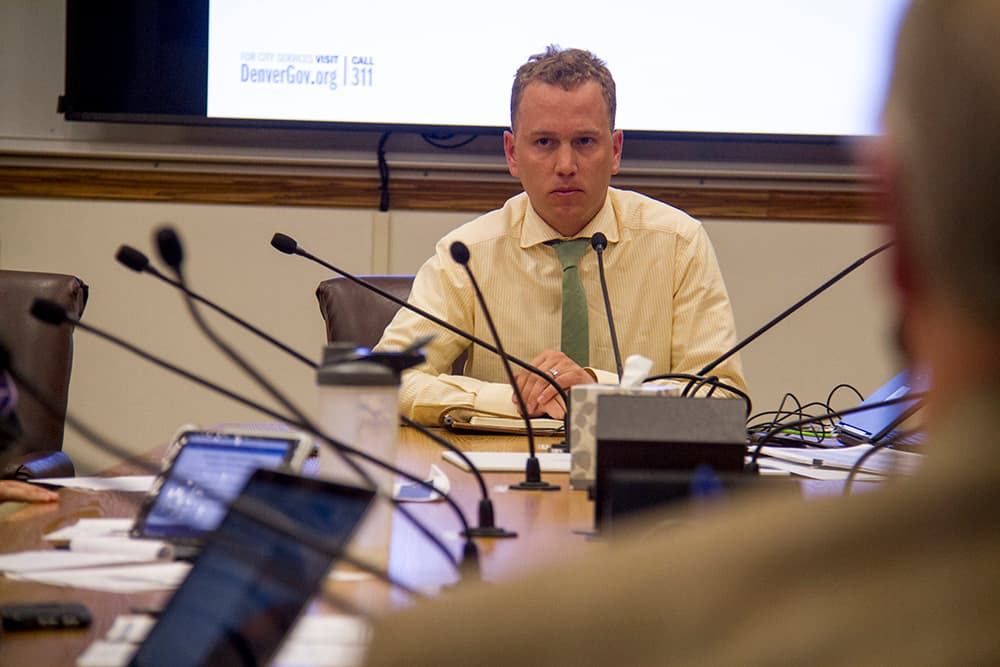
The fee could have the unintended consequence of builders not building, Koelbel said.
Kevin Kelley, senior vice president at United Properties, said the fees would make market-rate housing more expensive.
"This fee will make it less affordable, not more affordable, for many of our young workers who do not qualify for assistance," he said.
Is that true? Not really, according to this analyst.
David Potarf, senior vice president at CBRE Denver Multifamily Investment Properties, said the impact fees proposed by the city would represent less than 1 percent -- in many cases closer to just half a percent -- of total project costs. It could show up in slightly higher rents if the market will bear them. If the market won't, then it will show up in reduced land costs or reduced profits.
"It isn’t going to discourage anyone from developing," he said. "It’s not going to impact anyone too much. That said, developers don’t like increased costs."
Potarf said money for affordable housing is sorely needed because the market isn't creating "B product" that would cost less on its own. And Denver is already a more affordable place to build than many cities, with lower property taxes and fees for other services.
Denver is hardly the first city to implement a linkage fee, and many of them are a lot higher. Up in Boulder, developers pay $9.53 a square foot on downtown office projects. In San Diego, it’s between 80 cents and $2.12 per square foot; in Oakland, $4 per square foot; in San Francisco, up to $22.42 per square foot.
Aren't developers already required to build affordable housing?
Sort of. Denver has an inclusionary housing ordinance that requires that 10 percent of all units in for-sale buildings with 30 or more units be affordable. In recent years, it's hardly produced any housing at all. Most projects are rental, and most developers opt to pay money instead of build.
If the affordable housing fund gets council approval, the inclusionary housing ordinance will go away. Under the new proposal, though, developers could build some affordable units to get out of paying the fees.
And the impact fees will actually be less than what developers paid to get out of building affordable units under IHO.
City Council has questions, too.
It's not done until it's done, and the proposal is adopted by City Council.
Not everyone is comfortable letting developers out of any obligation to build. Some members don't think existing property owners should have to pay to solve this problem, and some don't think small projects like a single home or an accessory unit should have to pay fees because they don't really affect housing needs.
Council President Chris Herndon pointed out some neighborhoods, like Montbello, already have a hard time attracting grocery stores and other needed services. Added fees won't help that effort, and he suggested the city waive fees and backfill the foregone revenue in those circumstances.
Councilman Rafael Espinoza asked if it was legal to raise property taxes for housing without going to the voters. When the city de-bruced in 2012, it got back mill levy capacity that it hasn't used. However, the ballot language that voters approved didn't mention housing explicitly. He suggested the city could pay the share that would have been covered by the mill levy out of taxes it already collects.
The city maintains a $200 million budget reserve and paid $8 million this year out of the general fund for affordable housing. The mill levy increase would generate about $6.5 million.
Kniech said the mayor wants to keep the general fund for services like police and road maintenance. Having a dedicated fund for housing makes sure it's still there in the next recession.
And then there is the matter of how the money will be spent.
Affordable housing developers will be able to apply for funding for rental projects serving up to 80 percent of area median income and for-sale projects up to 100 percent of area median income. There will be money for down payment assistance for people earning up to 120 percent of area median income.
There will be money for supportive housing for the homeless, but not for emergency shelter. Some activists want more of the money targeted toward lower-income populations.
Council members Paul Lopez and Debbie Ortega said the city should look for ways to help low-income people stay in the homes they already have and not just build housing for other people three years from now.
A 21-member governance board appointed by the mayor and City Council will set policies for how to spend the money.
What happens next?
July 21: There’s a public meeting from 6 p.m. to 8 p.m. at North High School, 2960 Speer Blvd.
Aug. 2: An ordinance will be formally introduced at committee.
Aug. 22: Denver City Council holds its first meeting on the ordinance. There will be a public hearing and initial vote.
Aug. 29: Denver City Council holds its second and final vote on the proposal. There will not be an additional public hearing.







